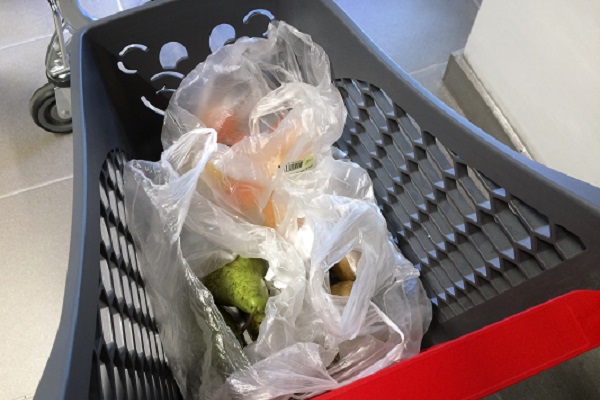A573- - Italian Competition Authority: fines totalling over €32 million imposed on Novamont and its parent company Eni for abuse of dominant position
PRESS RELEASE

The company abused its dominant position in the national markets for raw materials used in the production of bags (lightweight and ultra-lightweight for fruit and vegetables) by engaging in exclusionary practices targeting competitors.
The Italian Competition Authority has imposed a 30,359,000.00 euro fine on Novamont S.p.A., with an additional 1,701,052.08 euro imposed jointly and severally with parent company ENI S.p.A. for abuse of dominant position spanning at least the period from 1 January 2018 to 31 December 2023.
Novamont operates in the national markets for bioplastic raw materials (so-called bio-compounds) used in the production of shopping bags and ultra-lightweight bags (e.g., for fruit and vegetables). This sector plays a key role in reducing environmental impact, given that bags often end up as waste. This is why, as part of its transposition of EU Directive 2015/720, Italy’s Legislative Decree 152/2006 mandates that all shopping and ultra-lightweight bags be biodegradable and compostable. Ultra-lightweight bags must also contain no less than 60% renewable raw materials.
The Authority found that Novamont developed a product compliant with applicable standards (named Mater-Bi) and acquired a dominant position in the national market for the production of bioplastics used in shopping bags (with a market share above 50%) and ultra-lightweight bags (with a market share above 70%).
In these markets, Novamont set up a two-tier system of supply agreements imposing exclusivity clauses operating at two levels of the supply chain, as a result of which:
- converters (i.e., manufacturers purchasing bio-compounds to produce shopping and ultra-lightweight bags) were prevented from buying materials other than Mater-Bi, which consequently denied Novamont’s competitors access to the market (these converters accounted for around 52% of national demand for bio-compounds for shopping bags, and 70% of demand for ultra-lightweight bags);
- Large-scale retailers (customers of the converters, serving as the primary purchasers of the bags in question) were obliged to buy exclusively Mater-Bi bags from converters partnered with Novamont. During the period under examination, the large-scale retailers under contract with Novamont accounted for as much as 44% of total demand for shopping and ultra-lightweight bags in the retail sector, and for a substantial share (up to 51%) of the revenue generated by converters affiliated with Novamont.
This system resulted in an exclusionary practice targeting Novamont’s competitors, through a circular mechanism producing the following effects:
- As long as leading large-scale retailers agree to buy exclusively Mater-Bi bags from converters affiliated with Novamont, those converters have a strong incentive to accept the exclusivity clauses imposed by Novamont.
- As long as the majority of converters supplying large-scale retailers are bound to Novamont by exclusivity clauses, large-scale retailers benefit from signing contracts with Novamont containing reward-based exclusivity clauses and/or incentive mechanisms.
Novamont’s exclusionary practice hindered the development of fair competition in the national markets for the production and sale of bio-compounds for shopping and ultra-lightweight bags. It effectively prevented competitors from finding viable outlets for their products and from operating successfully in those markets.
Limiting the development of alternatives to Mater-Bi not only harms competition, but also has significant environmental implications. A truly competitive market in the bioplastics sector is essential to achieving the environmental objectives established by European and national policymakers. Effective competition would enable the emergence of alternative, more efficient bioplastics and contribute to the availability of more sustainable products, offering improved quality or lower costs.
Rome, 24 June 2025

